“I was told with the World Fund, ‘this won’t work. You've been a journalist, Danijel, you've been working for Angela Merkel, and now you're raising the biggest climatetech VC in Europe? Forget it.’
“Just weeks ago, someone who had been my boss at a company I used to work for, told me; ‘you know what, Danijel? I would never have expected that something comes out of you because you've always been a dreamer.’
“And I was like, ‘Okay, think about this sentence. Maybe it’s because I'm a dreamer.’
Danijel Visevic is Co-founder of the recently launched World Fund, Europe’s biggest climatetech venture capital fund.
To setup a climatetech fund of this scale, the World Fund would have to operate differently from the get-go:
“We did a pre-closing, that's something very unique. Usually as a venture capital fund you have a first closing, then you invest, and you have a final closing a year later.
“But we knew if we want to raise 350 million Euros as a first time fund, we need a portfolio, otherwise, those institutional investors who can invest 10-20-30 million won't invest. So we needed a portfolio and we decided to do a pre-closing and ask investors to give us money before the first closing so that we can build a portfolio.
“Basically, we asked the pre–closers to take risk earlier, not to take any interest rates from those who come later.
“And everybody told us, ‘nobody will give you money and go earlier into risk,’ and we had more than 150 investors who in a pre–closing gave us 100 million. Now we are very close to closing another 100 million at the first closing,” says Danijel.
His motto? “Just do things. Don't listen to people who say it won't work, you will only know when you have tried.”
Since its October launch last year, the World Fund has on average 9xed the value of its investments; “we really have shown that we can make money out of money, says Danijel, “so that's super important to get the traditional investors on board.”
He puts the funds’ success down to its exceptional, award-winning team: “so Tim Schumacher, my Co-founder, was awarded Best Male investor in 2020. Daria Saharova was awarded Best Female Investor in 2020 by the German Startup Award Association. Craig Douglas, our fourth partner, has been in the climatetech space already for 15 years and they all have a huge track record.
Something else they did differently, which increased investor confidence in their ability to understand and accurately assess the potential of climatetech innovation, was to build a team that consists almost entirely out of scientists; “they all have a venture capital or investment background, but they are chemical engineers, mechanical engineers, we have a nuclear physicist, a chemist, a mathematician.”
Danijel’s route into climatetech investing was far from conventional. He had spent the better part of 20 plus years as a journalist and a Green Party member – eager to make a difference. But he gradually grew wary of the limitations of media and politics.
In 2018 he transitioned from writing about the investment and startup scene to working for one of the most successful venture capitalists in Europe, Project A.
“I asked myself how I can contribute best to help reverse global warming and the climate crisis and save humankind. And I knew that being a journalist and writing stories is inspirational, but you are still, in a way, passive. I learned from politics that even if you deeply understand the consequences of the climate crisis, you can't achieve what's necessary.
“And I knew that entrepreneurs with brilliant ideas were the most powerful. I saw the huge investment gap in Europe, and thanks to the network I had, we decided to build the World Fund.”
It was after seeing Greta Thunberg’s Friday for Future marches that you say you had your moment of going down the rabbit hole and doing a lot of research and really seeing the full picture and how just absolutely urgent the climate crisis is?
Yes, it’s hard to describe in words. I mean, urgent – whatever word we use – can’t describe what is ahead of us. It’s just catastrophic. It can’t be compared to anything that has happened to humankind before and it already started.
What gives you hope in the face of the climate emergency?
I can boil it down to two things.
1) I know that humankind is brilliant, we have brilliant minds.
And I'm lucky to be in a position as an investor to invest in those brilliant founders, who develop technologies that can make a leap and make a difference already within this decade and the next.
So it's possible to reverse global warming before we reach the tipping points and it's super, super, super urgent. But I also see this technology and these people and I see how powerfully we can disrupt with these entrepreneurial ideas. So this is something that helps me and gives me more than just hope, it gives me conviction.
2) ‘In between the disasters there will be wonderful sunny days where you enjoy life.’
Global warming won't be reversible before we reach 1.5 - 1.6 degrees of warming. That means that what we have today will accelerate no matter what we do. If you read the IPCC report, global warming is not reversible before 2055. And what keeps me positive – it's a psychologist who said this in an interview about climate anxiety – even then, most of the time, there won't be catastrophic situations.
It's important for me because I have children; even then, they will have days and weeks of wonderful life. In between, there will be those disasters, but in between the disasters there will be wonderful sunny days where you enjoy life.
What sort of companies does the World Fund invest in?
We call it the CPP, the Climate Performance Potential, that we first assess before we dig deeper into a startup or a team of founders:
We invest in companies that can save at least 100 megatons CO2 or equivalent in emissions per year.
There's powerful climatetech out there that can already make a leap in this decade, and save more than 100 megatons. This is something we are excited about.
Do you have examples of companies you’ve invested in recently?
I’m pretty proud of Juicy Marbles, a company from Slovenia that has developed a steak fillet mignon that’s purely plant based – it has the texture of, and it's bloody like meat. You can grill it like meat, it tastes like meat and it is healthier. It's made of fermented soya. It's addressing meat eaters, those men who really like to grill.
The QOA company – a female-led spin off from the Technical University in Munich – have produced something that’s the equivalent of the cocoa bean. Producers of chocolate or anything else that uses cocoa can now use this instead of cutting down rainforests or planting cocoa trees in monocultures.
What’s your investment style? Are you hands on, or do you just invest funds?
We don’t offer operational support, but we do help companies with finding the right people for their team.
We also support companies with implementing their ESG. We, the World Fund, are leading in terms of ESG in Europe. On Preqin, a platform that compares funds, from among 4000 VC and private equity funds, we are the number one.
ESG standards are not just nice to have, they’re risk reducing and it increases the probability of your startup becoming successful.
We also help startups to get several funding rounds through our network of investors and this is very important. We have deeper pockets than other VCs.
If you need a follow-up round, we can reserve up to 30 million Euros per investment per company to make sure it gets to the point of generating revenue.
Are you looking at aligning your investment goals with German government decisions to invest more in renewable energy in light of the Russian/Ukraine war?
We're looking at the energy sector. The emissions we generate as humankind are mainly in the energy and the food agriculture sector – these are the two sectors where we invest the most.
I'm in close touch with German ministries and due to having worked with Angela Merkel, I have some contacts who need advice to understand the climatetech startup ecosystem better. They also want to redirect capital, so there's a Future Fund in Germany that will increase from 10 billion to 30 billion assets under management and that will be invested into startups with a strong focus on climate impact. Energy plays a huge role here and development over the last weeks and months in Ukraine and Russia have accelerated this.
Where do you see the biggest potential for growth in cleantech right now?
Energy
Energy consumption will increase until 2050. It will at least double and we have to get rid of oil and gas faster than we are now planning to. So of course, there's a huge opportunity for everything related to renewable energy, and increasing efficiency.
Agriculture
There's huge potential in the agricultural sector in regenerative farming. The way we farm today is basically releasing carbon to the atmosphere.
I think it’s 60 gigatons of carbon that our topsoil is able to save, and used to capture, before we started to do farming as we do it today.
Let’s go back to regenerative agriculture and then topsoil will automatically save humankind by reducing the equivalent of all emissions
Biodiversity
This may sound a bit strange, but biodiversity is a huge market. It's only starting to come to the attention of people that even if we tackle the climate crisis, we could go extinct simply by having biodiversity break down.
So this is something we have to save and when we, for example, plant trees or remove carbon, we have to ensure that happens in a biodiverse way. Ecosia, for example, the biggest non-for-profit search engine of Europe, is investing into building up biodiversity of forests, not planting trees in a monoculture.
Who are your role models?
Maja Goepel
Maja Goepel was advising the German government for many years on the consequences of the climate crisis and how to tackle the climate crisis. She's just a super positive person and a very self confident woman. She's just impressive, and because of this, she receives hate from old men. It’s not fair, but she has to fight just because she's a strong woman, but she stays optimistic, and she’s just inspiring every time I listen to her.
The book she wrote was a bestseller for many weeks in Germany last year, Rethinking Our World, Unsere Welt Neu Denken.
Elon Musk
As difficult as this person is and however many people don't like him, it's Elon Musk.
He has transformed an industry and I know it. I was working for Angela Merkel and I know how hard the German car industry tried to avoid electrification. I know how strongly they lobbied and they played this game for more than 30 years successfully. And then an entrepreneur came, Elon Musk, and disrupted the industry and now his company is worth five times more than all the German carmakers combined. He's kicking asses.
So this is the kind of entrepreneur I would like to invest in. A lot of female entrepreneurs also have this kickass mentality. It's this Elon Musk type of people – this is what will work, it’s the only thing that will save us.
I learned in journalism that storytelling is strong, but it's not active. I learned that politics is a lot of talking, but no walking, but entrepreneurs, like Elon Musk, are walking.
Danijel’s Documentary Recommendation:
Kiss The Ground - available on Netflix, it showcases the power of regenerative agriculture to combat climate change.
Dear Green Techpreneur reader,
I am transitioning this newsletter to a beautiful digital magazine and platform for climatetech entrepreneurs and investors.
If you have a job or product/service you would like to advertise, or are interested in being featured in an upcoming interview article or exploring an ongoing branding partnership, please get in touch.
You can reply directly this to email, it does come into my inbox and I really do read them all!





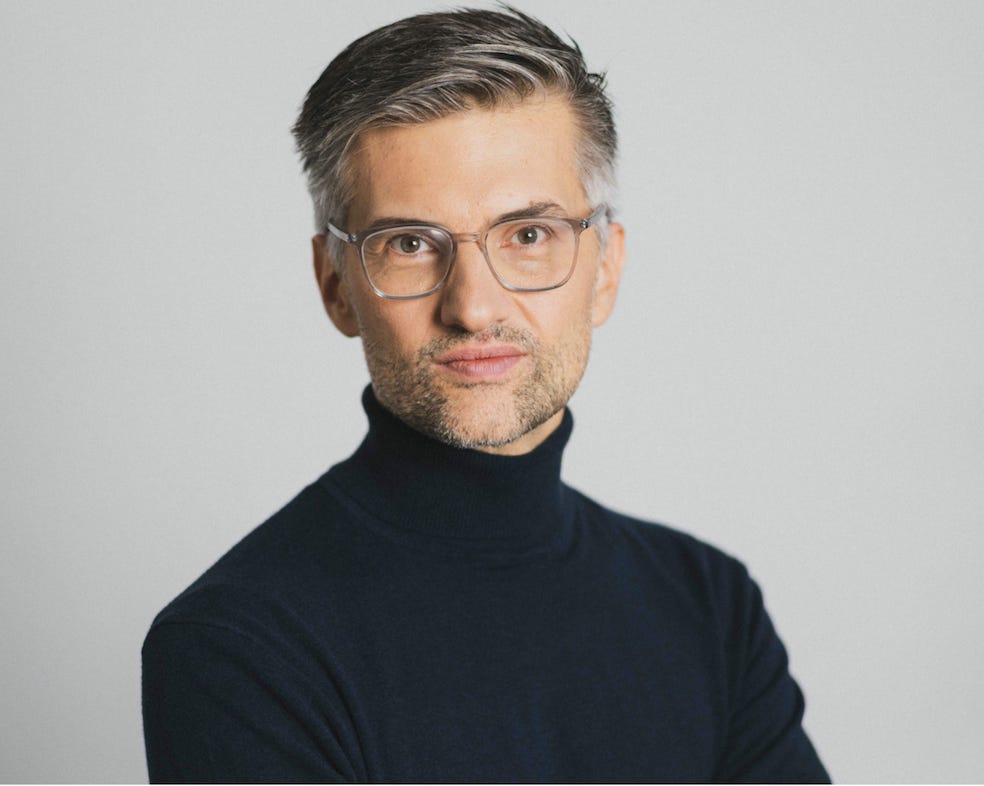
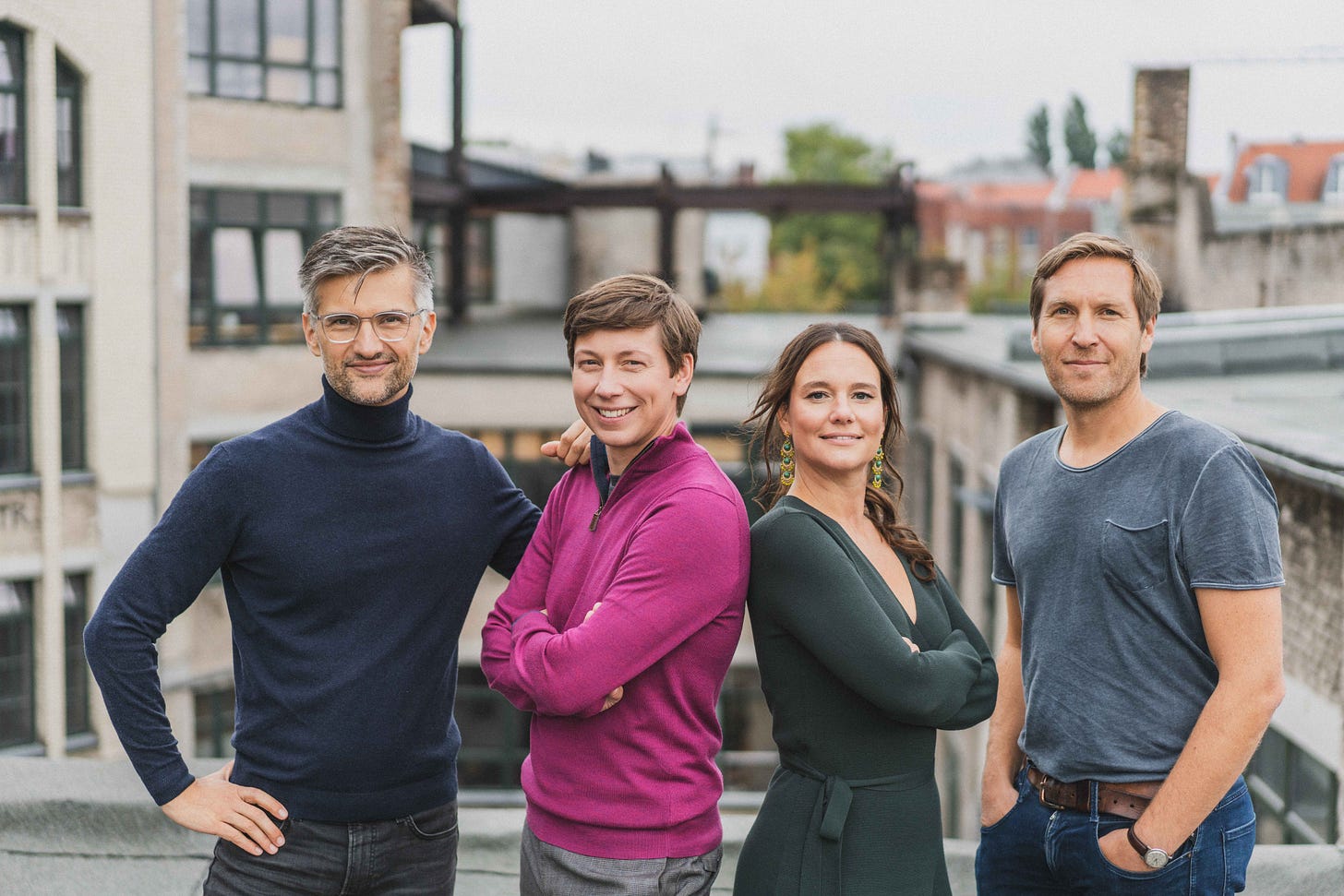
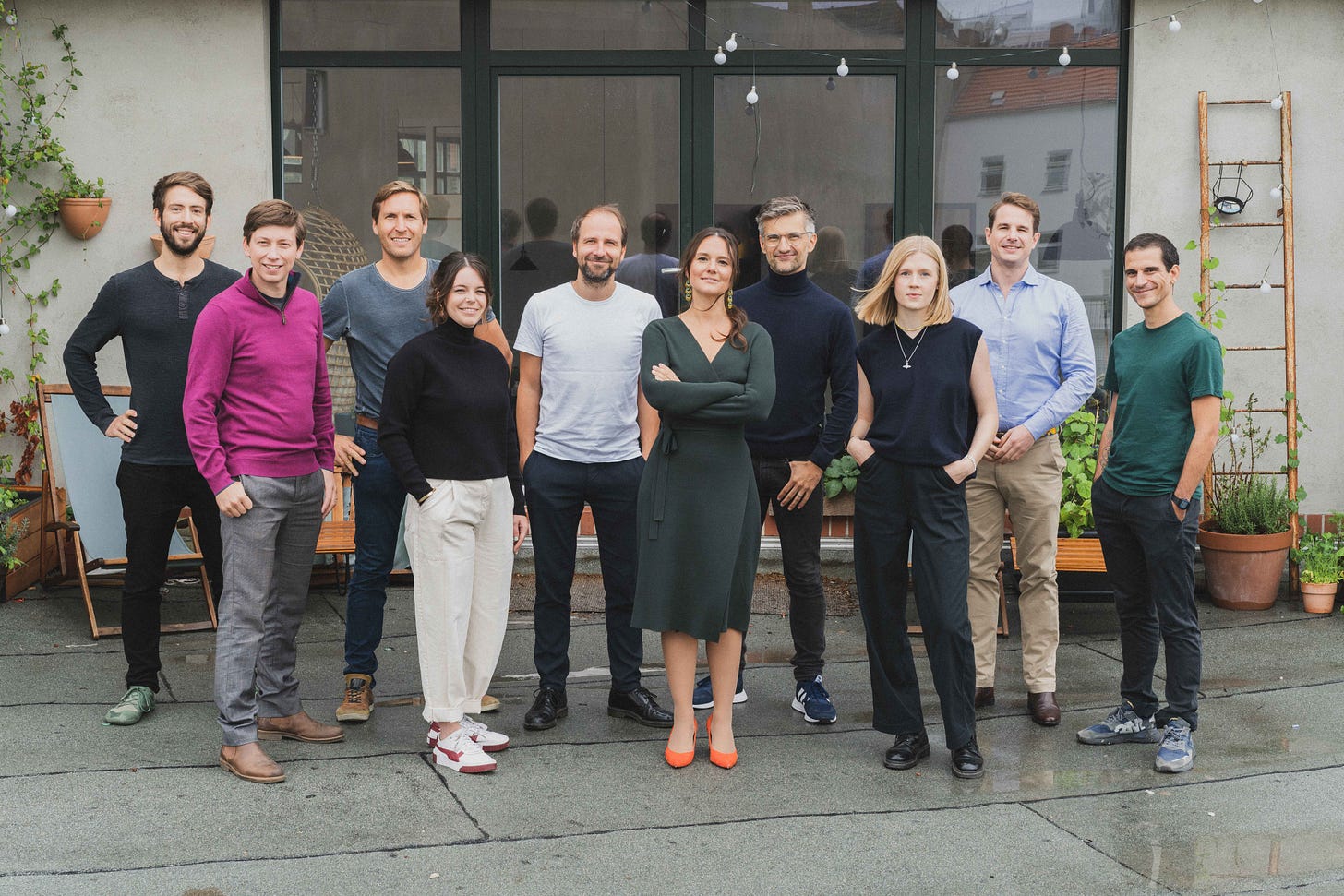


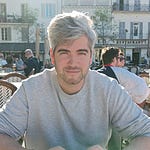

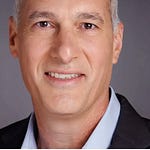




Share this post